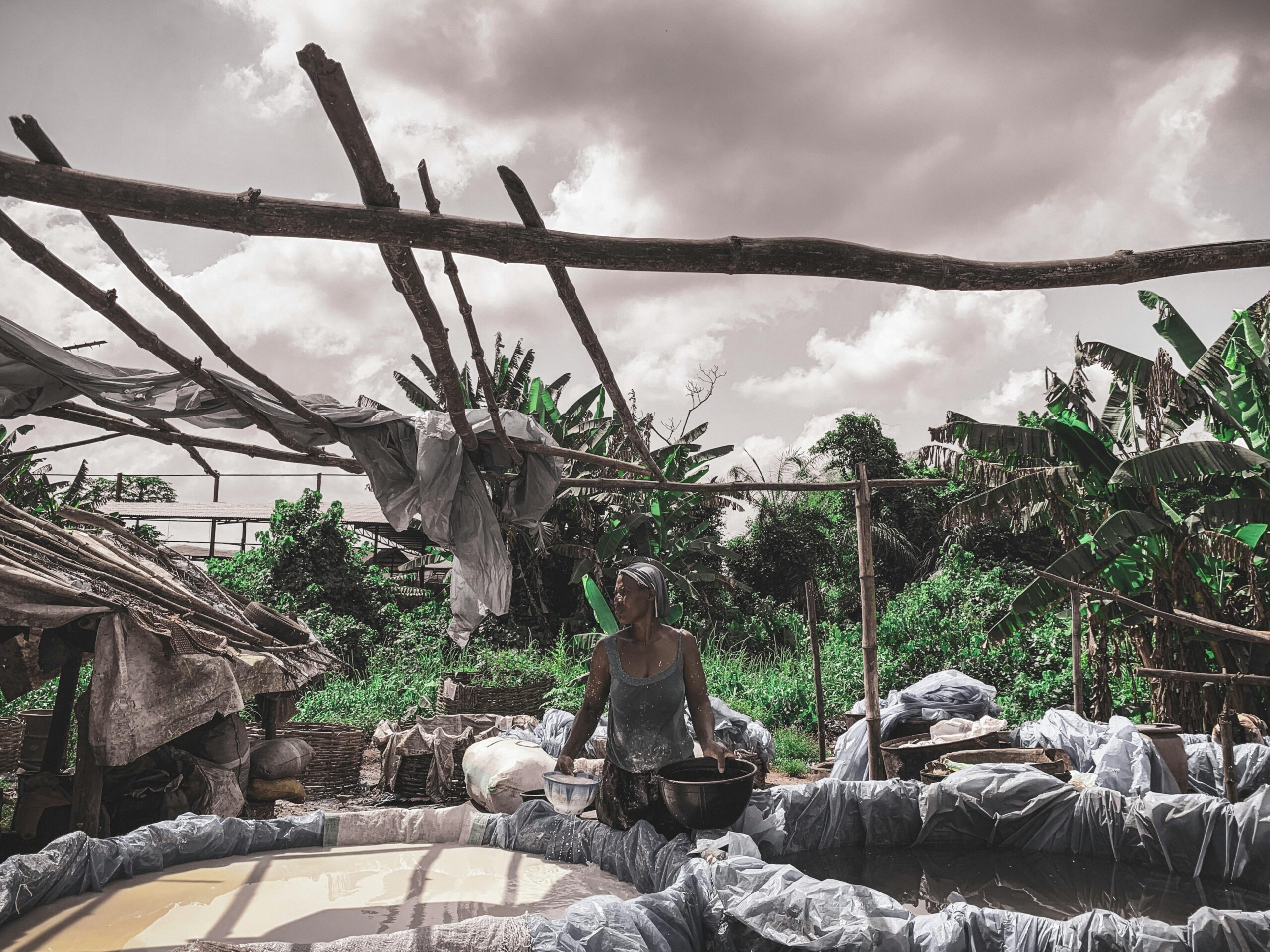By Adegbite Hauwa for International Women’s Day 2025.
I remember the night vividly. My friend, Aisha, lay on the clinic floor, shivering from a high fever. She had been turned away from three hospitals. The reason? She was a sex worker. “Go home and change your lifestyle,” a nurse told her. That night, Aisha almost died.
For many sex workers in Nigeria, this is a familiar story. Healthcare isn’t a right; it’s a privilege that moral gatekeeping denies them. The stigma surrounding sex work means that hospitals, clinics, and even community health centers often refuse treatment, leaving thousands of women vulnerable to diseases like HIV, tuberculosis, and malaria. If they do receive care, it is often delayed, judgmental, or of poor quality.
Nigeria has one of the highest HIV prevalence rates in West Africa, and sex workers remain a high-risk group. Yet, they are rarely included in national healthcare strategies. The 2019 National HIV/AIDS Indicator and Impact Survey found that sex workers had an HIV prevalence rate of 15.5% compared to 1.4% in the general population. Instead of addressing this crisis with tailored healthcare interventions, society shames these women into silence.
Access to healthcare should not be a moral debate. It is a human right. Sex workers need non-discriminatory services, including free HIV testing, contraceptives, and post-exposure prophylaxis (PEP) in government facilities. Sensitization programs for healthcare workers should be mandatory, ensuring that personal biases do not dictate who lives and who dies.
The solution is simple: decriminalization, policy reform, and empathy. If we truly believe in healthcare for all, then that “all” must include sex workers. No woman should have to beg for the right to survive.





